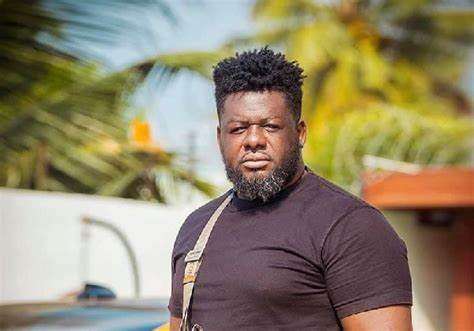A controversial peace agreement signed on June 27, 2025, between Rwanda and the Democratic Republic of Congo (DRC) is drawing intense scrutiny, with questions emerging over its enforceability, exclusion of key actors, and the potential for resource exploitation.
Brokered by the United States and Qatar in Washington, D.C., the deal aims to end decades of bloodshed in eastern DRC, where over six million lives have been lost and millions more displaced.
The accord mandates the withdrawal of Rwandan troops within 90 days, calls for the neutralization of armed groups, such as the FDLR, and seeks to unlock regional economic cooperation around critical minerals, including cobalt and coltan. But despite its lofty goals, skepticism looms large.
In an interview with Vaultz News, Dr. Joshua Sarfo raised flags over the agreement’s fragility.
“The 2025 Rwanda-DRC peace deal introduces mechanisms such as a joint security coordination body, a 90-day timeline for Rwandan troop withdrawal, and a clear mandate to neutralize groups like the FDLR. However, the deal’s success hinges on mutual trust, robust monitoring, and credible enforcement—areas where past agreements have faltered due to lack of political will and exclusion of key actors.”
Dr. Joshua Sarfo
Sarfo warned that failure to meet these conditions could result in “a rapid return to violence, with the conflict potentially spilling into neighboring countries and entrenching armed group control over mineral-rich territories.” Without inclusive accountability, he cautioned, “the deal could become another in a series of unfulfilled accords.”
One of the most glaring flaws, according to Sarfo, is the absence of the M23 rebel group in the Washington talks.
“M23’s exclusion… undermines the deal’s legitimacy and practical enforceability, as the group controls strategic cities and mineral sites in eastern DRC. Their absence means they are not bound by the agreement’s terms, raising doubts about compliance and stability on the ground.”
Dr. Joshua Sarfo
While Qatar has launched parallel negotiations with M23, Sarfo noted that “progress has been slow, with M23 expressing dissatisfaction with draft proposals and ongoing fighting reported despite ceasefire understandings.” For any peace effort to hold, he insisted, “direct engagement and buy-in from M23” are indispensable.
The agreement’s focus on unlocking the DRC’s vast mineral wealth has also triggered a backlash, with Congolese critics like Nobel laureate Denis Mukwege calling it a “surrender of sovereignty.” To strike a balance, Sarfo argued the DRC must “strengthen regulatory oversight, ensure transparency in mining contracts, and prioritize local value addition.” He advised diversifying partnerships and involving civil society to avoid a repeat of historical exploitation: “Sustainable economic cooperation requires that benefits reach Congolese communities, not just elites or foreign corporations.”
Distrust Between Kinshasa and Kigali
Rwanda’s government denies backing M23, but UN reports have repeatedly pointed to Kigali’s involvement. “Building trust requires verifiable troop withdrawals, third-party monitoring, and transparent communication channels,” Sarfo asserted.
“Both sides must address each other’s security concerns—Rwanda regarding the FDLR, and the DRC about M23—through joint mechanisms and international guarantees.”
Dr. Joshua Sarfo
He believes accountability is key to reconciliation. “Accountability for past abuses, perhaps via independent investigations, is essential to move beyond blame and foster cooperation on neutralizing armed groups.”
Perhaps most critically, Sarfo emphasized the importance of bottom-up engagement. “Grassroots communities should be central to monitoring and shaping the peace deal’s outcomes,” he said. “Their involvement can ensure that local needs, such as security, land rights, and social services, are prioritized over elite or foreign interests.”
He proposed the formation of “community-based monitoring committees, participatory budgeting for development projects, and regular consultations with civil society organizations.” Without such involvement, Sarfo warned, “the deal risks being perceived as externally imposed and may fail to deliver real peace or development dividends.”
As the 90-day countdown begins, eyes remain fixed on the Great Lakes region—and whether this new accord can bridge decades of distrust, or simply paper over deep-seated divides.
READ ALSO: IMANI Blames Electoral Commission for Breakdown in Ablekuma North



















